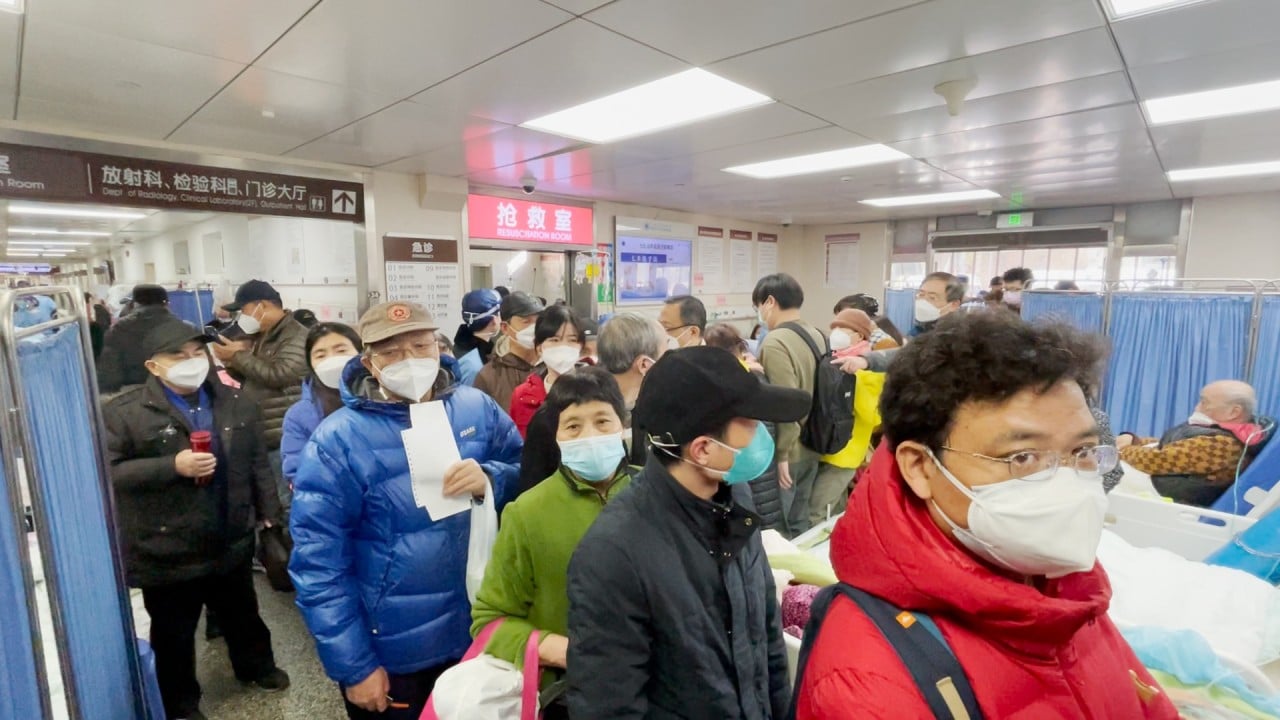
How China can prevent a Covid-19 surge among its rural elderly this Lunar New Year
- Unlike in cities, it’s not too late for a phased reopening of rural China, where under-resourced healthcare means the elderly face greater risks from visitors
- This Spring Festival, staying away from your loved ones until they are fully vaccinated may be the greatest act of love
While long-anticipated family reunions should be joyous occasions, such travel also poses unprecedented health risks for millions in a country where many rural senior citizens are underprotected from Covid-19.
But while Chinese travellers pose little Covid-19 danger to foreign populations, the risk is grave for its rural regions. Unlike the cities that have long reopened, China’s rural areas still have limited exposure to Covid-19. The unvaccinated or undervaccinated in these regions can expect to face higher health risks from an uncontrolled influx of visitors.
Such travel is likely to accelerate the spread of Covid-19 in rural regions, where the medical infrastructure serving an elderly population is more rudimentary and therefore outbreaks may well be more severe. With effective suppression and mitigation measures, hopefully the tragedies witnessed in cities after reopening can still be averted in rural China.
These steps, while laudable, are not enough. County hospitals and village clinics remain under-resourced and long-term structural issues cannot be fixed in just weeks. Without the importation and wide distribution of effective Western antivirals, there is simply not enough time to protect the elderly.
The restrictions may be understood as a kind of lockout rather than a lockdown. Visitors would be restricted (say, subject to negative test results or evidence of recovery from a Covid-19 infection) while free movement would be maintained within the area. Such restrictions will buy valuable time for the local population to acquire adequate protection from full vaccination.
But it is not too late to adopt a phased approach for the reopening of rural China. For urban centres, the human costs can be balanced against the economic benefits. For rural regions, however, there is little justification for incurring high human costs when there are limited economic benefits.
Not long now before Covid is endemic in China, expert says
With or without mandated travel restrictions, the government should make public the latest vaccination rates for senior citizens in its rural regions (broken down by area). People have a civic duty to refrain from visiting rural areas before the vulnerable populations there have been adequately protected. Beyond voicing dissatisfaction, social media has been a platform for mutual aid – and could be used to call for such collective civic responsibilities.
Many have missed seeing their parents and grandparents in their hometowns and villages. But this Lunar New Year, their greatest expression of love may be in postponing their visits until the protection of their loved ones is more assured.
The central government has rightly prioritised vaccinating the elderly and boosting rural medical resources. But, as these measures are unlikely to be enough to contain imminent outbreaks, regional governments, with Beijing’s support, could buy more time for the vulnerable elderly with a phased and differentiated rural reopening.
Winston Mok, a private investor, was previously a private equity investor


